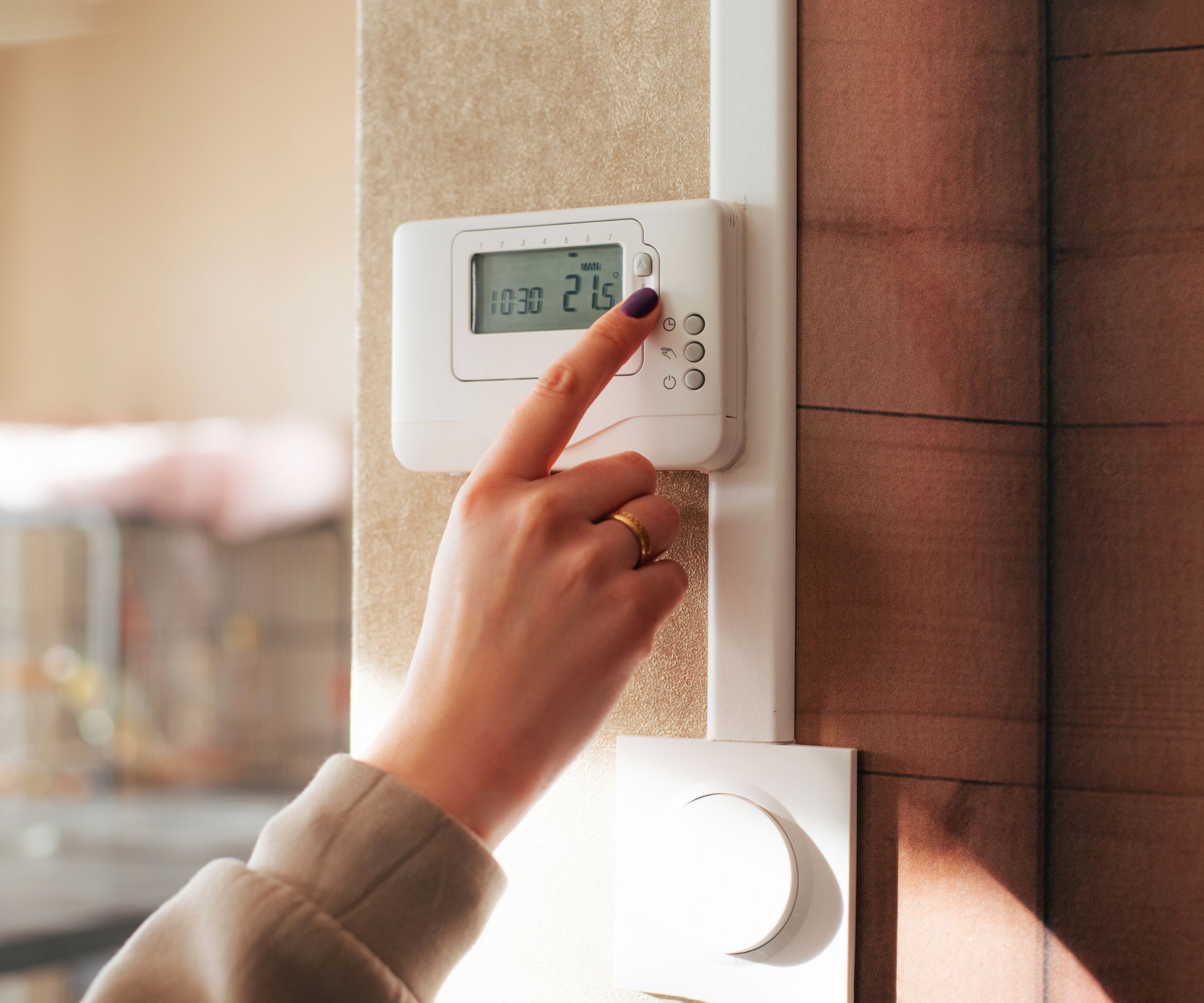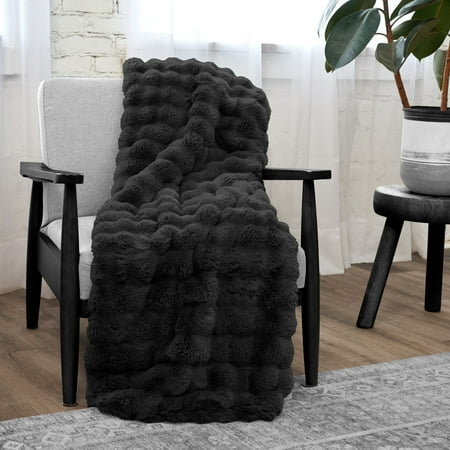Why does my house feel so dry? The most common causes and how to fix it
Our pros identify the reasons, and they're easy to rectify


A house that feels too dry can be uncomfortable. It may irritate your throat and lead to poor sleep. A dry home doesn’t just impact comfort – it can affect health, damage furniture, and even mess up your energy bills.
Dry indoor air is particularly common in the colder months when heating systems are being used more frequently, but it can occur all year-round depending on the climate, building materials, and your lifestyle habits.
Our pros have shared the common culprits causing dry air in your home, and the solutions to bring your home back into comfortable equilibrium. This will help maintain the best home humidity levels this winter.
Why does my house feel dry?
According to HVAC expert and owner of Air Conditioner Lab, Josh Mitchell, says, 'Dry air outside is often a primary culprit, especially during winter. Cold air holds less moisture than warm air, and when this dry outdoor air infiltrates your home, it lowers indoor humidity levels. This issue is more likely to be the cause in warmer climates, where low outdoor humidity can be a year-round issue, exacerbating the problem.'
Another common cause for dry air in the house is if the heating systems are overused. Home heating types, particularly forced-air heaters, can strip moisture from the air. These work by heating and circulating air, but in the process, they dry it out. The warmer the air, the less humidity it holds, leaving your home feeling uncomfortably dry.
It is one of the reasons you might find your lips are more dry and chapped in the winter, even if you spend most of your time at home.
Finally, poor or inadequate air ventilation prevents fresh, slightly moist air from circulating through your home. This can even be caused by the materials your house is made from.
Design expertise in your inbox – from inspiring decorating ideas and beautiful celebrity homes to practical gardening advice and shopping round-ups.
Josh says, 'Certain materials, like wood and drywall, absorb moisture from the air over time, contributing to a dry atmosphere. Newer homes with synthetic materials can lack natural humidity as sealing your home tightly against the elements can prevent dry air from entering, and can also trap overly dry air indoors.'
How to fix dry air in your home

Fortunately, there are a number of solutions to increase humidity in your home. Here are some provided by Asif Bux, Owner & Service Manager at Comfort Union, a HVAC & plumbing company.
1. Use a humidifier
Portable or whole-house humidifiers add moisture to the air, helping maintain a comfortable indoor humidity level between 30% and 50%. We’ve tried a number of humidifiers on the market and we really like the Dyson Purifier Humidify + Cool Formaldehyde. Not only is this one of the best air purifiers on the market, it also is great at purifying and cooling the air around your room too.
If you need to run dehumidifying appliances, counterbalance their effects with a humidifier, such as the Hoomace 2 in 1 Humidifier Dehumidifier Combo from Amazon. Rated 4.4 out of 5 by customers, this 2-in-1 system allows you to effectively monitor the humidity in your home at a comfortable and balanced level.
2. Seal your home
Prevent dry air from entering by sealing cracks, installing weatherstripping seals from Walmart around doors and windows, and knowing where to insulate in your home to keep it warm. ensuring your home’s insulation is adequate.
Inspect areas like attic hatches, baseboards, and electrical outlets for hidden gaps. Additionally, try Polyblend white caulk from Target or expanding foam to seal large gaps, and consider upgrading to double-pane windows for better insulation for longer term house investments that have big ROI (return on investment).
3. Lower the thermostat

'Keeping your home slightly cooler can help maintain higher levels of humidity,' says Asif. 'Additionally, layering clothing and using blankets can help you stay comfortable at lower temperatures, minimizing the need for excessive heating that will dry out your home's air.'
FAQs
How do I test my house for dry air?
An easy way to test the dryness of the air in your home is called the ‘ice cube’ test. Place two to three ice cubes in a glass with some water and stir. If after three to four minutes no moisture or condensation forms on the outside of the glass, it means the air is too dry.
A dry house may feel uncomfortable, but the good news is that it can be fixed easily and cheaply. By understanding the causes you can take targeted steps to restore a comfortable balance in air quality, but if you do go too far in the other direction, we have a guide to help you reduce humidity in a house, too.

Seraphina is a contributing editor at Homes & Gardens, writing Solved features on organizing and storage. She loves to decorate and also grow her own produce from her home in London. Her previous experience includes working at Women's Health and Fabulous Magazine.
